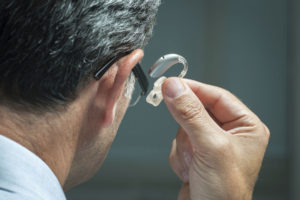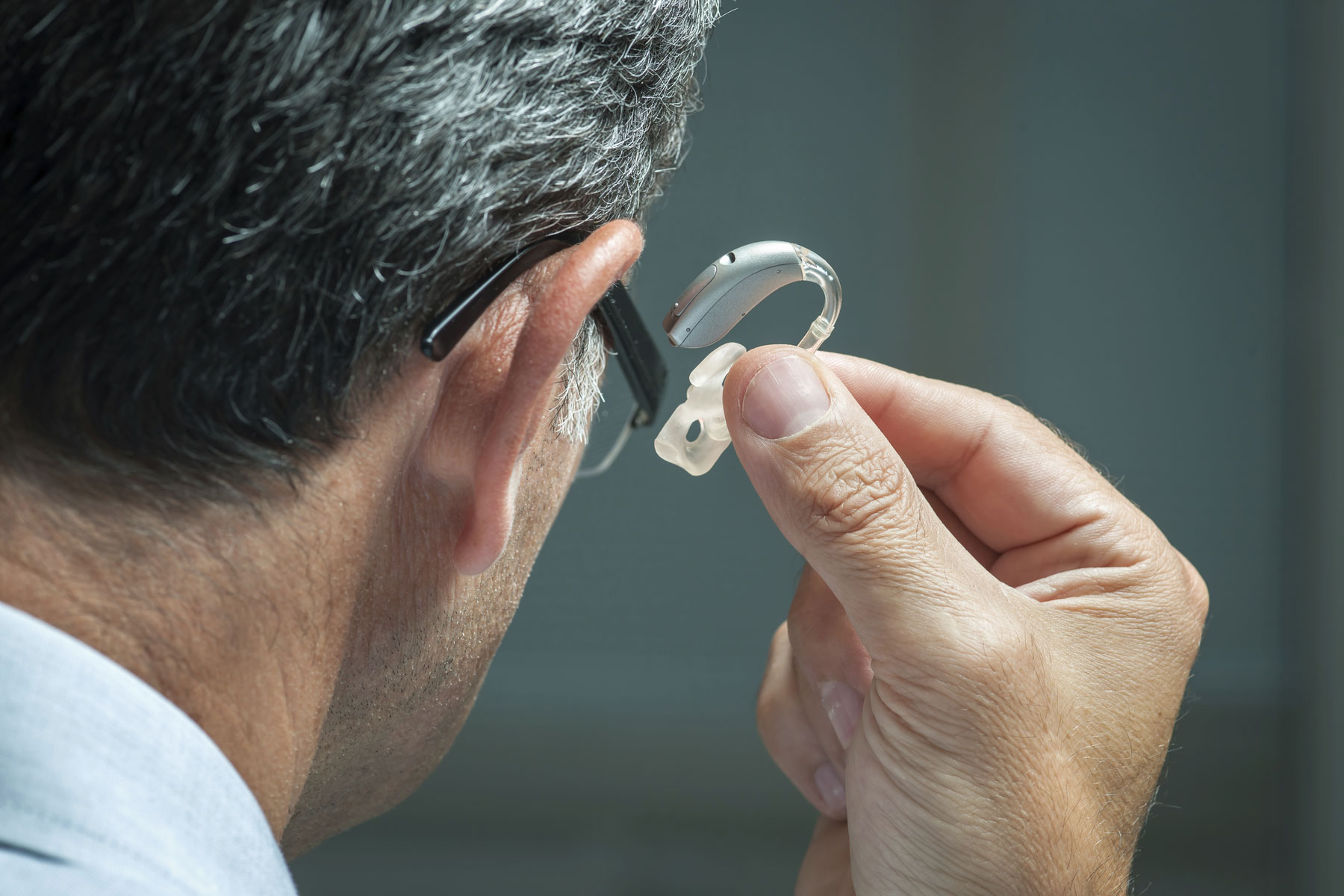Asked by Brook in Maine
Unfortunately, hearing aids have not received much insurance coverage, in comparison with vision insurance. A few health insurance plans allow you, for an extra premium, to add additional hearing and vision coverage. But hearing aids are one area that Medicare gives very little coverage.

Some insurance programs and supplemental programs do address hearing aid coverage. Examples are PlanPlus, ESCO, and Midwest Hearing Industries. Another service is Secure Horizons. You would have to check with a local insurance agent in the state you live in. Where it is offered, it is reported that Secure Horizons has a supplemental package for about $9 per month. With that you’d get one hearing test and $500 towards hearing aids per year.
Coverage from Medicaid varies greatly from state to state, ranging from no coverage at all to almost full coverage with medical necessity proved. Independent plans vary greatly in terms of their coverage of hearing aids, but children with hearing loss are generally better covered than adults.
Surprisingly, it seems that cochlear implants are actually more commonly covered by health insurance than hearing aids. Again, coverage varies greatly from insurance plan to insurance plan. Medicare will most likely cover at least part of the expense of a cochlear implant; that amount will vary from case to case depending on the diagnosis related groups (DRG) and will depend on what part of Medicare the implant is billed to.
Generally it seems patients receiving cochlear implants with Medicare have to cover anywhere from 20 to 50 percent of the total cost for their implant. One of the greater challenges for cochlear implants seems to be eligibility in order to have the implantation done. A patient must have very severe hearing loss to be eligible for the implant. Medicare has defined severe hearing loss to be the retention of less than 40 percent of hearing in the ear that will receive the implant.
Please note: InsureMe Answers is not intended to be a substitute for advice from a licensed professional. For specific questions about a policy or claim, please contact your insurance agent or company.
